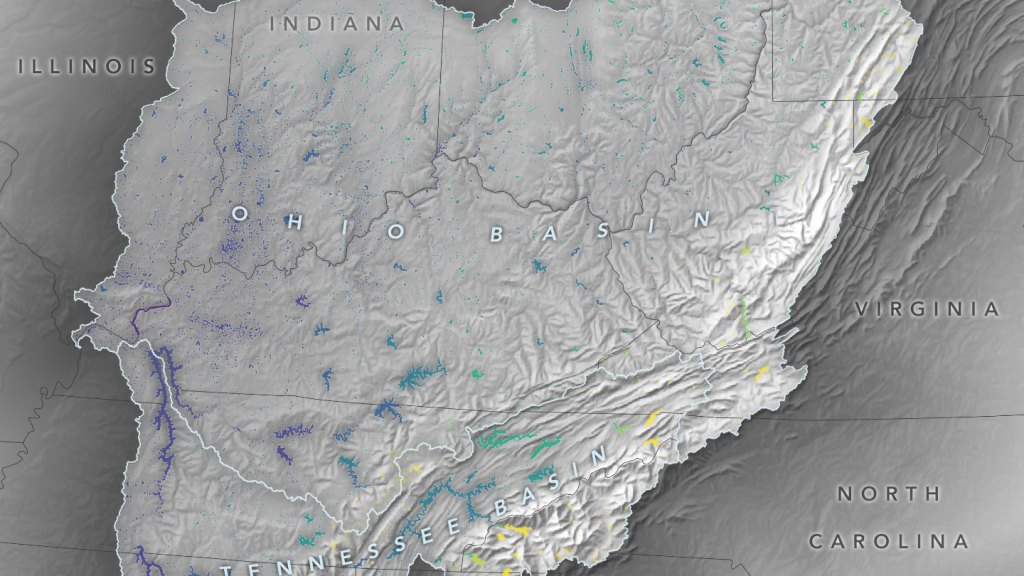Regulatory Drivers
NASA’s Cultural Resource Management (CRM)
NASA Procedural Requirements (NPR)
- NPR 4310.1 Identification and Disposition of NASA Artifacts
- NPR 8510.1 NASA Cultural Resources Management
- NPR 8553.1B NASA Environmental Management System
- NPR 8580.1 Implementing the Environmental Policy Act and Executive Order 12114
- NPR 8820.2G Facility Project Requirements
NASA Policy Directives (NPD)
Federal Laws
- National Historic Preservation Act of 1966 (NHPA)
- National Environmental Policy Act of 1969 (NEPA)
- Archaeological Resources Protection Act of 1979 (ARPA)
- Native American Graves Protection and Repatriation Act (NAGPRA)
- Archaeological and Historic Preservation Act of 1974 (AHPA)
- American Indian Religious Freedom Act (AIRFA)
- American Antiquities Act of 1906
- Abandoned Shipwreck Act of 1987
Federal Regulations
- 36 CFR Part 65 National Historic Landmarks Program
- 36 CFR Part 67 Standards for Evaluating Significance within Registered Historic Districts
- 36 CFR Part 79 Curation of Federally Owned and Administered Archeological Collections
- 36 CFR Part 800 Protection of Historic Properties
- 43 CFR Part 7 Protection of Archeological Resources
- 43 CFR Part 10 NAGPRA Regulations
Executive Orders
- Executive Order 13007 Indian Sacred Sites
- Executive Order 13175 Consultation and Coordination with Indian Tribal
- 2009 Presidential Memorandum on Tribal Consultation
- 2004 Presidential Memorandum on Government-to-Government Relationship with Tribal Governments
National Historic Preservation Act (NHPA)
The National Historic Preservation Act (NHPA) of 1966 is the nation’s primary historic preservation law. The Act defines the legal responsibilities of Federal agencies for the management of historic properties. The law institutes a Federal policy requiring responsible stewardship of historic resources, asserting that “the spirit and direction of the Nation are founded upon and reflected in our historic heritage;” and, therefore, the country’s historic and cultural legacy should be preserved as a living part of our community life. The Act was amended by Congress in 1980 to affirm that preservation of our “irreplaceable heritage is in the public’s interest” and that protective mechanisms must be in place to safeguard this cultural legacy when threatened by development and growth, in particular, when these actions are Federally driven.
View the full text of the National Historic Preservation Act.
Section 106 of the NHPA requires Federal agencies to consider the potential impacts of their actions on historic properties. NASA follows the steps laid out in the implementing regulations for Section 106 of the NHPA, 36 CFR §800 for all Federal Undertakings, to ensure that potential impacts to historic properties are considered, and, in consultation with stakeholders, any adverse impacts are avoided, minimized, or mitigated.
Non-compliance with Section 106 of the NHPA poses a potential schedule and cost impact to NASA missions. The Center CRMs are responsible for completing the consultation process required under the NHPA, so that potential risks to mission are minimized.
Tools
General NHPA
Section 106
Tribal Consultation
Coordinating with NEPA



























